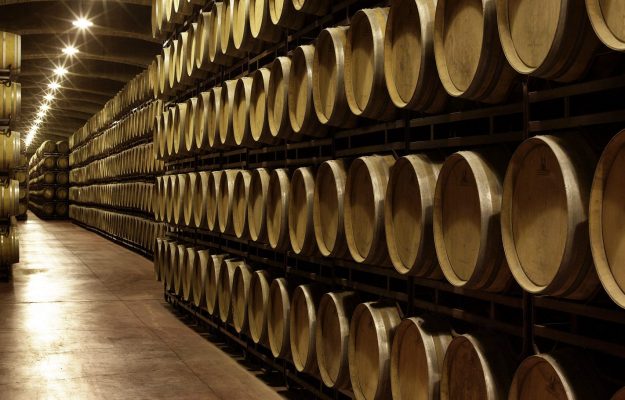A “maxi-loan” with wine as a guarantee has brought an important dowry of monetary liquidity to Italian wineries. Almost a year after its creation, the balance sheet for the “Revolving Loan” instrument applied to Italy’s most prestigious wine production is positive, often thanks to the active collaboration between Consortia and Credit Institutions.
“Not even a year after it became operational, the Revolving Pledge has succeeded in injecting liquidity into wine companies for almost 62 million euros, at no cost to the State. 95 companies have benefited from this instrument for access to credit, mainly in Tuscany where 55 operations for 41.7 million euros have been recorded, followed by Trentino with 18 operations for 9.8 million and Lombardy with 13 operations for 7.2 million. This is a significant result if we think that the banks could have continued to use the other financing instruments made available by the Temporary Framework to deal with the Covid-19 pandemic. The data also underestimate the extent of the measure, since not all banks ask to be able to register the “pledge” on the Sian, the computer portal of the Ministry of Agriculture”.
Words of Giuseppe L’Abbate, M5S exponent in the Committee on Agriculture, which launched the “Credit Project” in his role as undersecretary of Agriculture.
The “Revolving pledge”, introduced in the Decree Cura Italia, explains a note, is one of the tools put in place to open the doors of credit institutions to agricultural enterprises.
“The most active one is Monte dei Paschi di Siena, with 49 operations and 18 million euros of credit granted to wineries. However, Intesa Sanpaolo granted the largest amounts with 27.5 million euros for 16 operations. Lastly, 30 companies were supported by Credit Agricole, which generated 16.3 million euros”.
These operations all took place in central and northern Italy and were concentrated in just eight provinces, “where there is a high vocation for high-quality wine production. The fact that an innovative product is only developed in certain areas only confirms that, in certain areas, there is an open dialogue between banks and agri-food companies. We must encourage this dialogue in the other Italian regions as well so that the primary sector can fully exploit the potential of the instruments made available to them”, L’Abbate concludes.
Copyright © 2000/2026
Contatti: info@winenews.it
Seguici anche su Twitter: @WineNewsIt
Seguici anche su Facebook: @winenewsit
Questo articolo è tratto dall'archivio di WineNews - Tutti i diritti riservati - Copyright © 2000/2026







































































































































































































